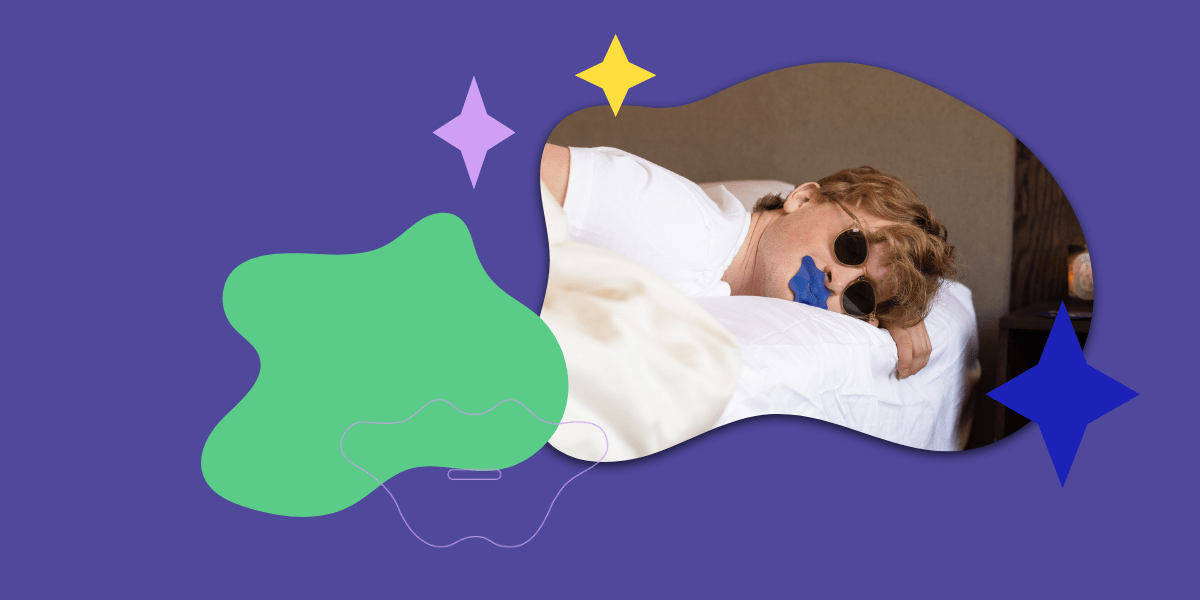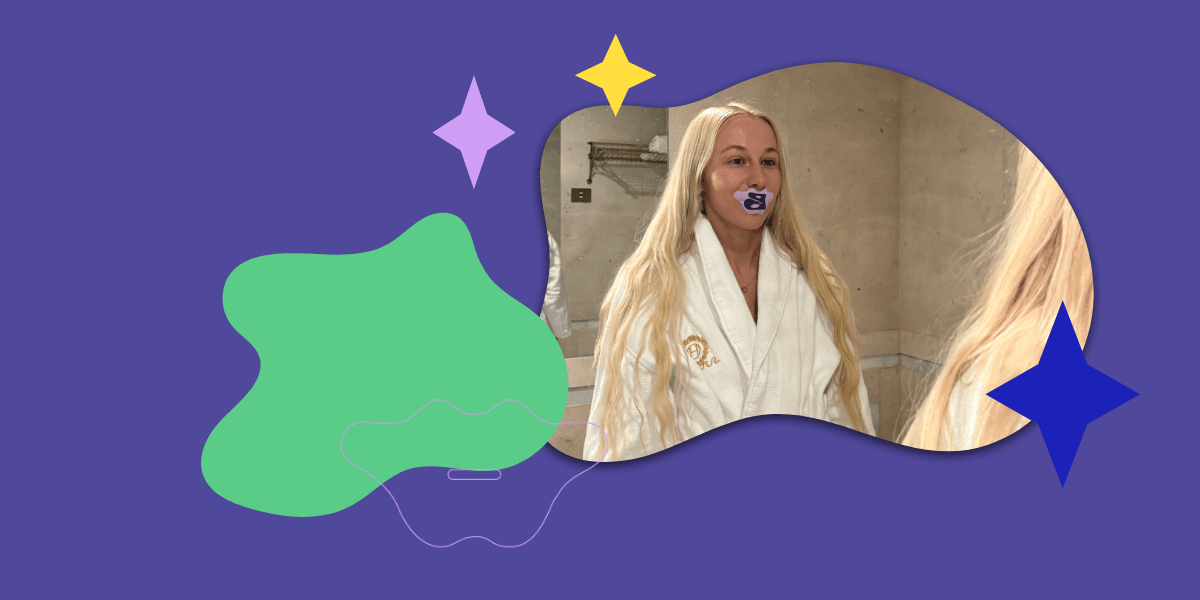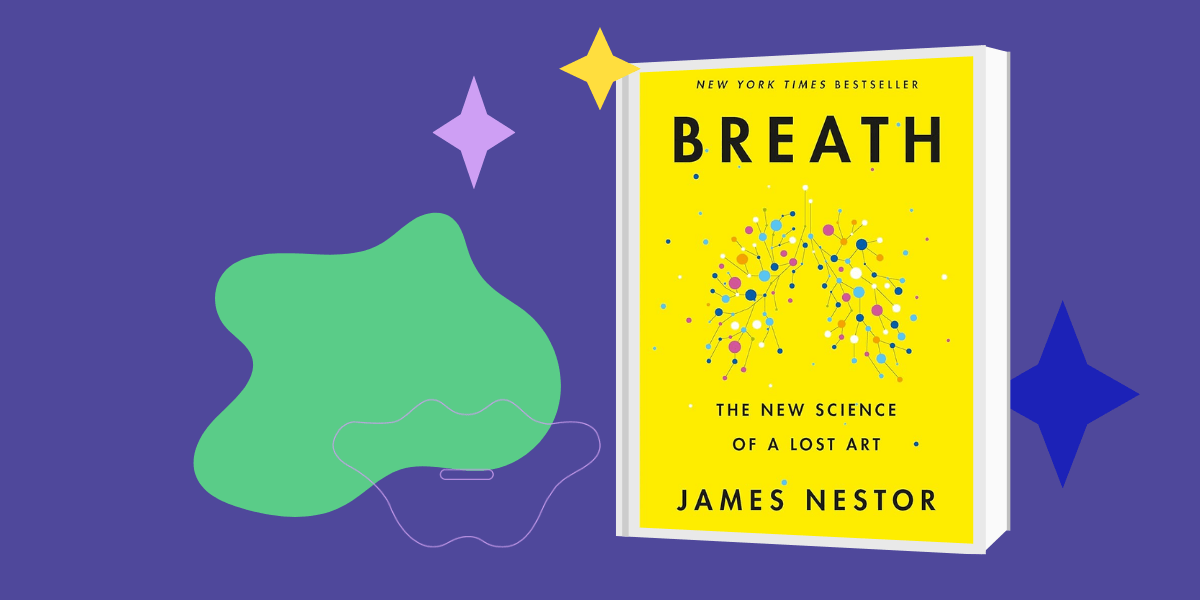Sleep & Memory: The Science Behind Smarter Learning

Sleep & Memory: The Science Behind Smarter Learning
We all want to learn faster, remember more, and perform better — whether that means passing exams, mastering a new skill, or staying sharp at work. But here’s the truth: if you think you can power through by staying up late, science disagrees. Research shows that sleep is not only essential for recovery — it’s a critical process for memory consolidation and knowledge retention.
People Who Prove the Point — and Why They Prioritize Sleep
Some of the world’s most successful thinkers and leaders prioritize sleep — not as a luxury, but as a tool for sharper thinking, better decisions, and breakthrough creativity:
• Jeff Bezos has shared that he prioritizes 8 hours of sleep to make high-quality decisions at Amazon.
• Albert Einstein was famous for needing 10 hours a night, insisting it was crucial for his creativity and breakthroughs in physics.
• Bill Gates has admitted he underestimated sleep early in his career, later recognizing it as essential for focus and memory.
They don’t sleep more to be indulgent — they do it because deeper, uninterrupted sleep improves memory, decision-making, and creativity.
Why Sleep Is the Real Learning Tool
When we’re awake, the brain is busy taking in new information. But it’s during sleep that the brain processes, organizes, and stores it. Research from Harvard Medical School shows that people who sleep after learning tasks perform 20–40% better on memory tests the next day compared to those who stayed awake.
Other studies back this up: scientists at the University of Lübeck found that even a 90-minute nap significantly boosted memory recall, almost doubling performance compared to participants who stayed awake. And research published in Nature Neuroscience showed that sleeping after learning can improve retention of new material by up to 30%.
Think of sleep as your personal study assistant:
• It reviews and strengthens important facts.
• It links new ideas with what you already know.
• It prunes away irrelevant details.
Without this nightly “sorting,” much of what you learn remains unstable — easy to forget when you need it most.
The Role of Sleep Stages
Different phases of sleep affect learning in distinct ways:
• Slow-Wave Sleep (Deep Sleep): Vital for declarative memory (facts, vocabulary, formulas). During this stage the hippocampus — the brain’s short-term memory hub — replays and transfers information to the neocortex for long-term storage.
• REM Sleep: Supports creativity, problem-solving, and the integration of disparate ideas. REM helps the brain connect the dots and form higher-order understanding.
A full night that includes both deep and REM sleep creates the strongest memory trace. Cutting either stage reduces your ability to retain and apply new knowledge.
The Cost of Skipping Sleep
It’s tempting to think you can make up for lost hours with an extra coffee or a weekend lie-in, but the science is clear: the brain doesn’t work that way. When you cut sleep short, you’re cutting off the very process that stabilizes and strengthens memory. The result isn’t just feeling tired — it’s a measurable drop in your ability to focus, recall, and actually learn.
As sleep scientist Matthew Walker puts it: “Sleep is the single most effective thing we can do to reset our brain and body health each day.”
The evidence is consistent and sobering:
• Missing just one night of sleep can reduce attention span by up to 40%.
• Sleep-deprived people recall 30–40% less information than those who rested.
• A 2017 NIH study found that pulling all-nighters impairs the hippocampus so the brain struggles to form new, stable memories.
In short: if you don’t sleep, your brain can’t reliably learn.
The Takeaway
If knowledge is power, sleep is the mechanism that makes that power usable. Caffeine may push you through a late session, but only sleep ensures what you learn actually sticks and that you can use it effectively later.
Your brain doesn’t just rest at night — it consolidates, organizes, and prepares you to perform better the next day.




Comments